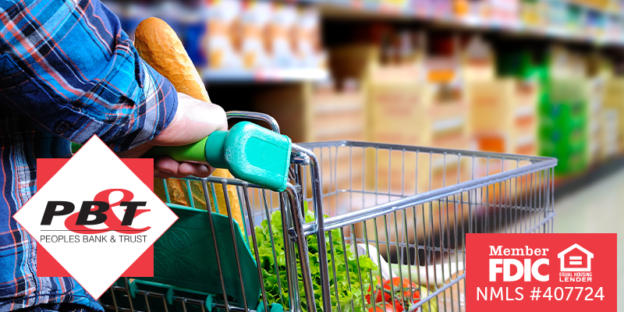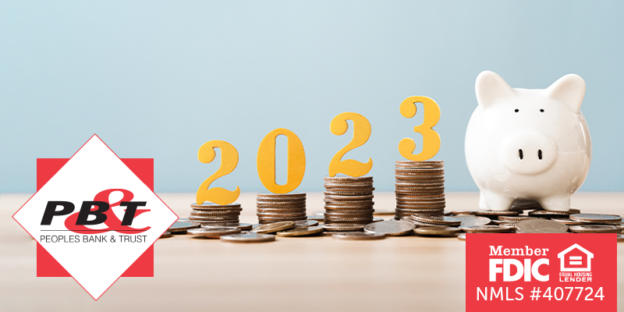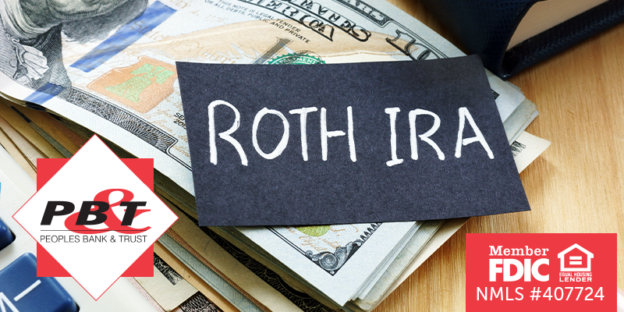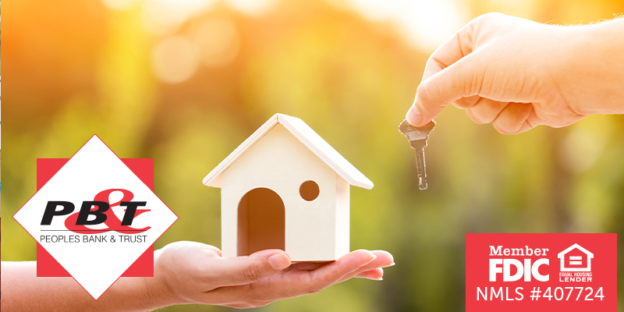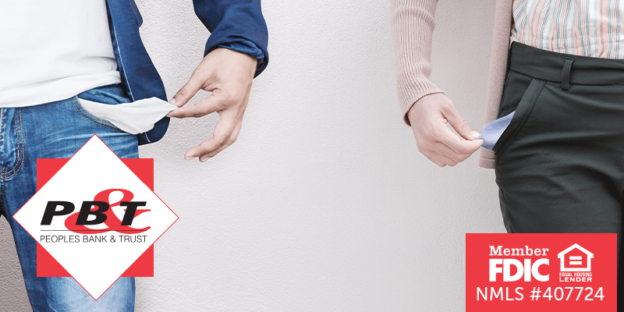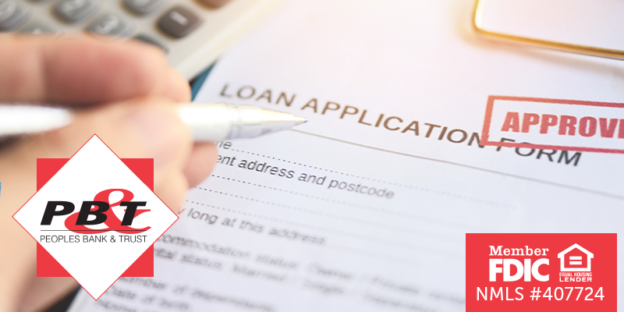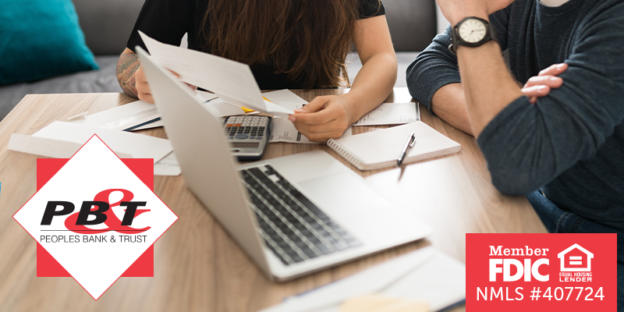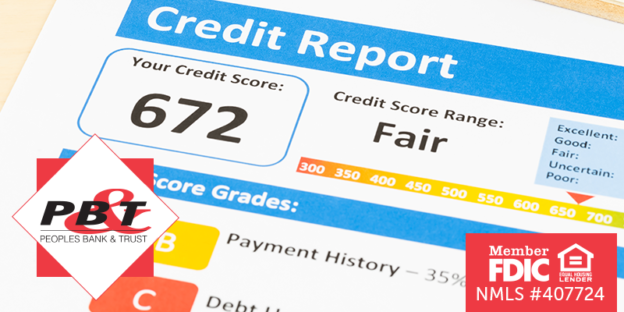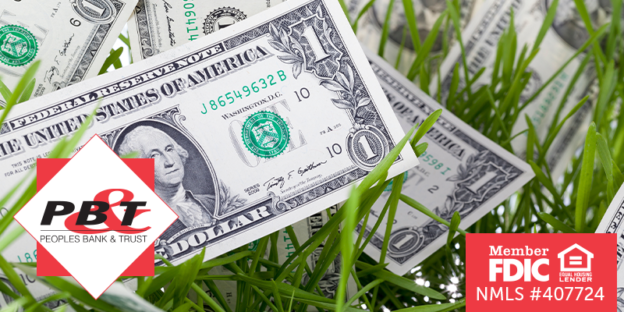It is no secret food prices have risen in the past few months. Food is generally at the top of the list for basic human needs, so how do we go about combating these rising food costs? Keep reading for top tips to fight rising food prices this winter.
1. Eat Out Less
Dining out is an extremely expensive option if you opt for it too often, especially if you are already budgeting for a full list of groceries as well. Many meals you purchase out can be made for a fraction of the cost at home. And while fast food can be a cheaper dining out option, it may be a cost to your overall health – high-calorie and low-quality food is not as nutritional as food you can make at home.
2. Don’t Shop on An Empty Stomach
We’ve all been grocery shopping on an empty stomach and can agree that shopping while hungry will only fill your cart with unnecessary purchases. When grocery shopping on an empty stomach there is a likelihood of overspending and veering from your list. Stick to your necessities by grabbing a bite to eat or a small snack before you begin your shopping trip.
3. Stick to Your List
If shop without creating or sticking to a list, you may experience sticker shock when you check out your next grocery haul. If you fill your cart with everything that catches your eye, be prepared to spend a lot more than you planned. By creating a list in advance, you have the opportunity to plan out your meals and ingredient list to cohesively put together a plan for the week. This also allows you to plan around any sales the store may have or you may choose to shop elsewhere because there may be a better deal. Avoiding impulse buys is key to fighting these rising food costs. If you stick solely to your list, you won’t be tempted to go down every aisle. Many say all the products you need are on the edge of the store, so avoiding a couple of isles is a win!
4. Fresh Over Prepared
In a world that is already a fast-paced society, it is easy to opt for prepared items when shopping at the grocery store. Whether it’s convenience or to simply have on hand, these pre-ready meals are at a premium price tag compared to simply buying the fresh ingredients to make yourself. This same concept also goes for frozen items you may be grabbing. Yes, they absolutely are convenient and last longer, but they often are priced significantly higher than buying fresh ingredients to prepare yourself.
5. Bulk May Be the Best
Buying in bulk can save you time and money. It is important to pay attention to prices of family-sized options – if the price per unit is lower it is well worth your money to buy more if you have a place to store it and will use it before it expires. If you have items you go through consistently, it may be well worth the cost to purchase those at a big box bulk retailer such as Costco or Sam’s Club.
6. Bulk Isn’t Always the Best
If you find you are not utilizing a membership at a big-box retailer as often as you had thought, consider canceling. Chances are you don’t need nearly as much on hand and are paying for the bulk items along with the membership price. It is very important to pay attention to your spending habits at these stores as well as your overall consumption. The prices at the big boxes aren’t always a bargain compared to discounts at other stores. In addition, the family-size packaging at these stores could mean you buy more than you need, driving up your grocery bill.
7. Sign Up for Rewards
If you are visiting the same stores consistently, it is well worth it to sign up for their rewards program. Some stores may raise their prices when they offer rewards so without the card your bill could be higher. Look into the rewards offered, they may have benefits such as a ham on the holidays or a discount on gas. Take advantage of the benefits at places you are already going to!
8. Prices Are High, Look Low
They strategically set up grocery stores to tempt you to spend money. As mentioned earlier, stick to the outsides of the stores. You also can avoid higher priced items by not shopping the end caps or checkout areas. The highest-priced items are placed where it is easy for you to look, such as the middle of the shelf at eye level. If you look down, chances are you’ll find generic and cheaper alternatives.
9. Substitute the Expensive Items
If you notice an item you use frequently has a price that is consistently climbing, look into finding a lower-priced alternative. For example, you could swap apple sauce for vegetable oil in recipes to cut the cost nearly in half.
10. Maintain a Well-Stocked Kitchen
Shopping infrequently or only when you need to is key to not overspending. If you shop when the best deals are available, you have the ability to stock up and put yourself in the position of only shopping when you need to or when the item is back on sale.
Food is one of those purchases we simply cannot avoid. Be a careful and well-prepared shopper to minimize the amount you spend at the grocery store.
Peoples Bank & Trust Co.
Member FDIC
Equal Housing Lender


